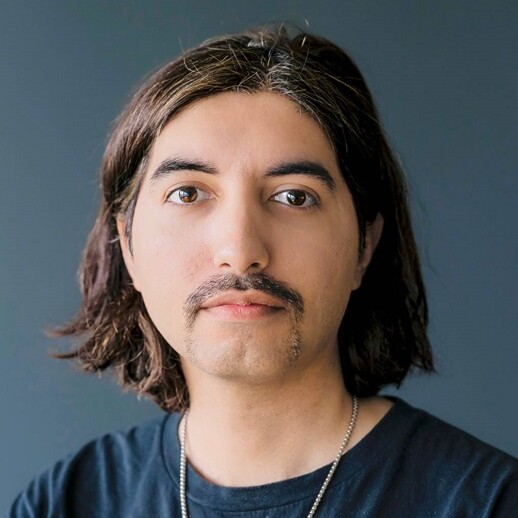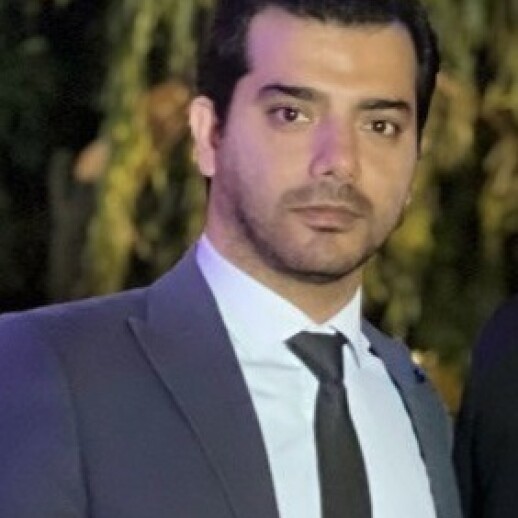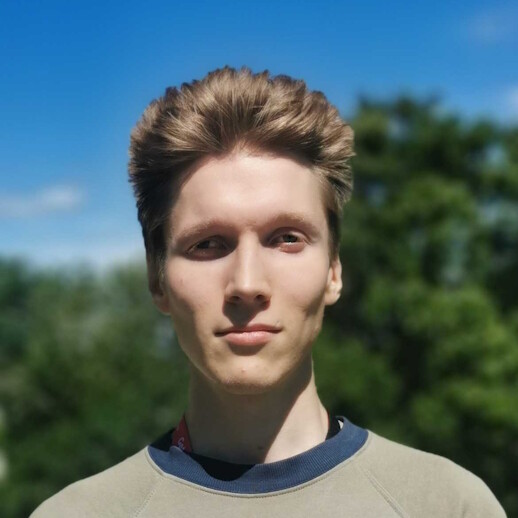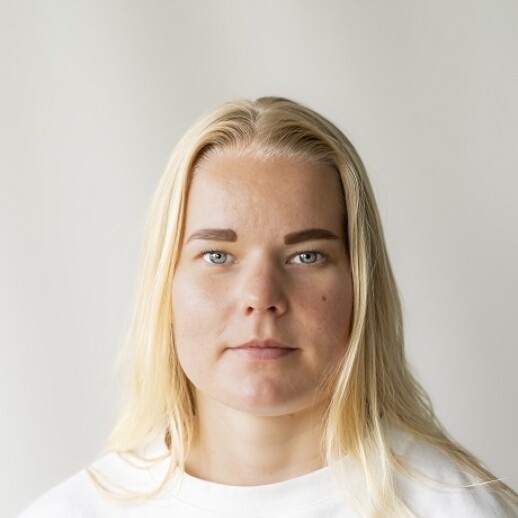Materials Informatics Laboratory
The computational material science group led by Milica Todorović combines algorithms from artificial intelligence with materials simulations and design. In collaboration with computer science partners and experimental colleagues, we are developing new methodologies for optimising functional materials and their performance in devices.
Current Projects
Boosting the efficiency of semiconductor devices with atomistic interface control
SmartFab | Advanced Automated Manufacturing Tools for Fabrication of Photonics Components and Systems
DAEMON | Data-driven Applications towards the Engineering of functional Materials: an Open Network
DeeperMaterials | Deep Representation Learning and Literature Mining for Materials Discovery
SmartCycling | Optimizing the circular economy of batteries with artificial intelligence aided designs
Brilliant AI
Other Research Activities
ActiveAtmos | Active Learning for Atmospheric Research
AI-WOOD | Engineering bio-derived materials with AI
ARTIST | AI for spectroscopy and optical properties of materials
BOSS | Bayesian Optimization Structure Search
Structure and properties at hybrid organic/inorganic interfaces
Multi-fidelity AI and transfer learning
HITL | Human-in-the-loop AI sampling
Past Projects
Liikkuvuus AI-PSC











